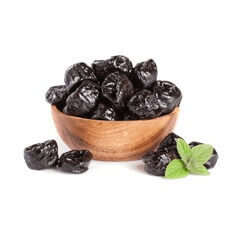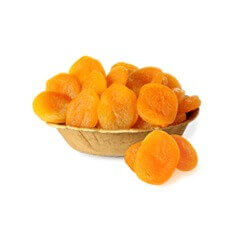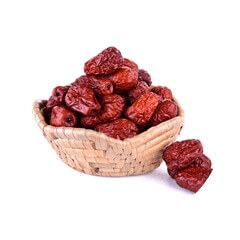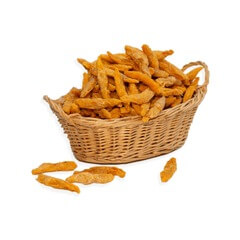Vegetable Oil
- Home
- Oil
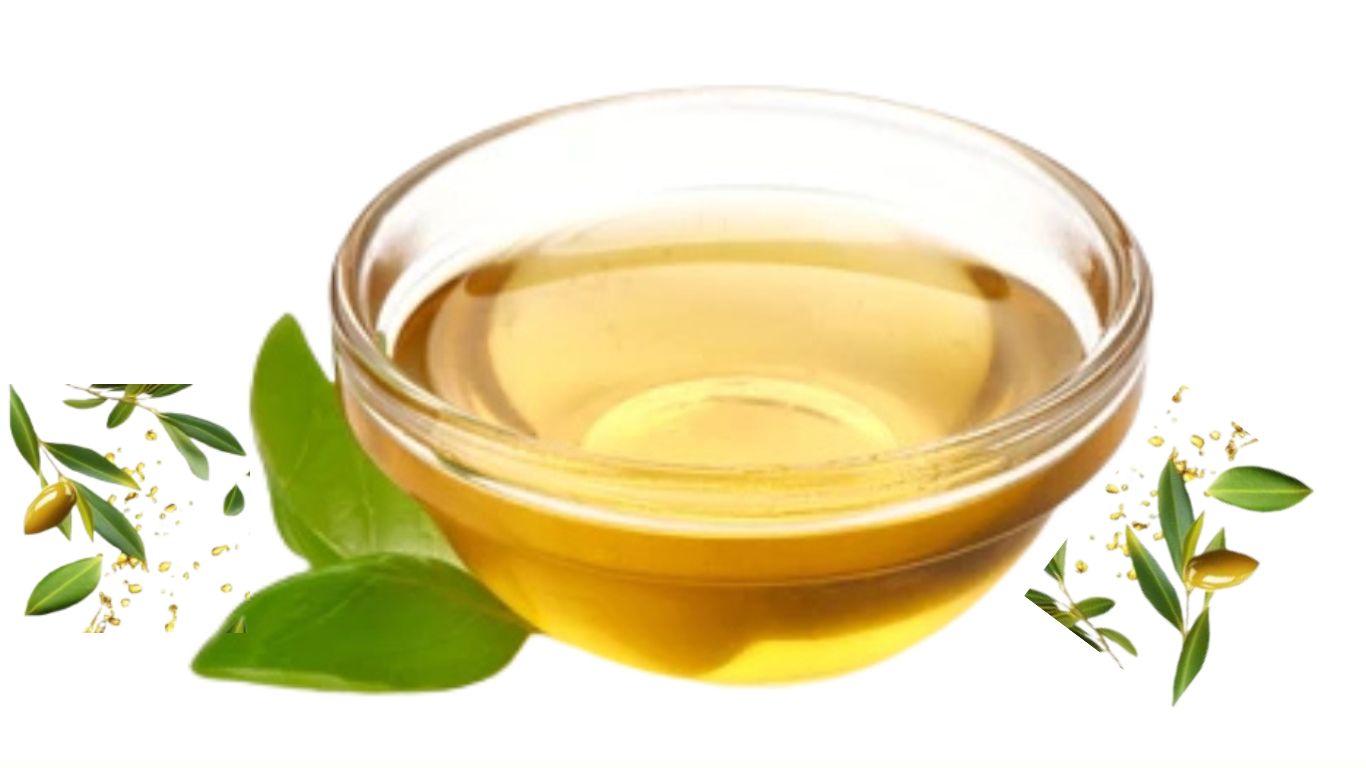
Vegetable Oil
We are reliable suppliers of premium vegetable oil, known for its exceptional quality and versatility. Our vegetable oil is carefully sourced and processed to meet the highest standards, making it an excellent choice for cooking, frying, and baking applications.We also provide private labeling services, enabling businesses to create customized packaging and branding tailored to their market needs. Choose us as your trusted partner for high-quality vegetable oil and personalized solutions.
- Heart Health: Rich in unsaturated fats, it helps lower bad cholesterol and supports cardiovascular health.
- Vitamin E: Provides antioxidants that protect cells from damage.
- Omega-6 Fatty Acids: Essential for brain and skin health.
- High Smoke Point: Ideal for healthy high-heat cooking like frying and roasting.
- Energy Source: A quick and efficient provider of energy.
Use vegetable oil in moderation for a balanced and nutritious diet.
- Cool, Dark Place: Keep in a pantry away from sunlight and heat.
- Tightly Sealed: Close the lid tightly to prevent air exposure.
- Room Temperature: Avoid refrigeration to prevent cloudiness.
- Away from Odors: Store away from strong-smelling items.
Vegetable oil’s neutral taste and high smoke point make it perfect for all cooking methods, from frying and baking to roasting and sautéing. Whether you’re preparing everyday meals or gourmet dishes, it enhances flavors and ensures a satisfying culinary experience.
Handle vegetable oil safely by storing it in a cool, dark place to prevent spoilage. Avoid overheating during cooking to reduce the risk of harmful smoke or burns. Always dispose of used oil responsibly to protect the environment.
Canola Oil FAQs
Vegetable oil is a plant-based oil derived from various seeds, such as soybeans, sunflowers, and canola, commonly used for cooking due to its neutral flavor and high smoke point.
Private labeling allows businesses to sell our high-quality canola and vegetable oils under your brand. It offers benefits like brand recognition, custom packaging, and increased profitability. Yes, we provide this service to help grow your business.
Vegetable oil contains unsaturated fats, including polyunsaturated and monounsaturated fats, which can help improve heart health when used in moderation. It also provides essential nutrients like omega-6 fatty acids and vitamin E.
Yes, vegetable oil is ideal for frying due to its high smoke point, which makes it stable at high temperatures and helps produce crispy, golden foods.
Yes, vegetable oil is naturally gluten-free, making it a safe option for those with gluten sensitivities.
Canola oil is a type of vegetable oil, but it comes from a specific plant, the canola (rapeseed) plant. Both oils are similar in terms of cooking properties, but canola oil is lower in saturated fat.
Yes, vegetable oil can be used in baking as a substitute for butter or other oils, offering a neutral flavor that won’t alter the taste of your baked goods.
Yes, vegetable oil can go rancid over time, especially if it’s not stored properly. It’s best to use it within the expiration date and keep it tightly sealed in a cool, dark place.
Store vegetable oil in a cool, dark place away from direct sunlight, heat, and moisture. Make sure the container is tightly sealed to prevent air exposure, which can degrade the oil.
Vegetable oil is generally safe for most people, but individuals with specific allergies should be cautious. It is important to note that vegetable oil can be derived from various sources, such as soy, sunflower, or corn. If someone has an allergy to one of these ingredients, they should avoid oils made from those sources. Always check the label to ensure the oil doesn’t contain traces of allergens. If you have any concerns, it’s best to consult with a healthcare provider before using vegetable oil.
